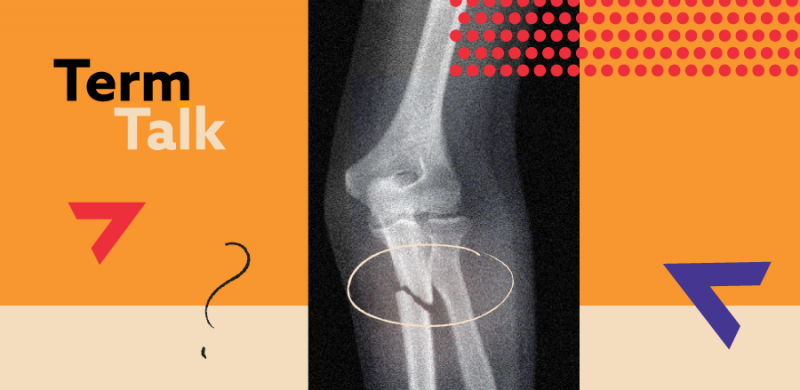
Published July 2023
Members often have questions about their health plan, from the definition of terms to how to best utilize their coverage. Our Term Talk series aims to answer commonly asked questions to help you better understand health insurance and empower you to make decisions about your coverage that best fits your needs.
A common dilemma:
Due to a change in jobs, I now have a health insurance plan I’ve never used before. As a result, I learned that my current primary care provider (PCP) is not considered “in-network” and that I’ll have to either pay more out-of-pocket to continue seeing them or switch to a different PCP that’s part of my health plan’s “provider network.” I thought that as long as I had health insurance, I could use it to see any doctor. Why is that not the case?

Creating provider networks
In the health care field, a provider is a person (or place) who is licensed and trained to give health care. A dermatologist and the office they practice out of are both examples of providers, as are nurses and hospitals. The health insurance you use during a provider visit is a contract that requires your health insurer, like Harvard Pilgrim Health Care, to pay some or all of your health care costs in exchange for the premium you pay each month.
Providers and insurers work together so that a member’s health care insurance can be easily used for a health care service, like a doctor’s appointment, blood test or surgery. A provider network is a group of health professionals and hospitals that have contracts with insurers to care for members. Provider networks may vary depending on the type of health plan, so be sure to check your plan information to confirm.
Related provider network terms to know
Let’s say you’re looking to find a new PCP. While it’s important to find a doctor with openings and one that you like, it’s also important to confirm they are part of your health plan’s provider network. This is where terms like in-network, out-of-network, participating providers and non-participating providers come up:
- Participating providers: These are health professionals and hospitals that have contracts with Harvard Pilgrim to care for our members and are therefore in our network. Not all Harvard Pilgrim plans have the same participating providers. Be sure to check your plan’s provider directory.
- Non-participating providers: These are health professionals and hospitals that do not have contracts with Harvard Pilgrim to care for our members and are therefore not in our network. Harvard Pilgrim will not pay for care that HMO members receive from non-participating providers, except in a medical emergency. POS, PPO and Access America members can see these providers for covered services, but they usually pay higher cost-sharing amounts. Also, it’s possible that non-participating providers will charge more than Harvard Pilgrim’s allowed amount for the care they provide. In that case, you would be responsible for paying the difference between the provider’s charges and Harvard Pilgrim’s allowed amount.
- In-network: Generally, this describes coverage for care that POS, PPO and Access America members receive from participating providers in the Harvard Pilgrim network. In-network coverage typically costs less than out-of-network coverage. In most cases, if you have a POS plan, you need to have a referral from your PCP to another participating provider in order for in-network cost sharing to apply.
- Out-of-network: Out-of-network coverage applies only to POS, PPO and Access America plans. Harvard Pilgrim will cover care that members of these plans receive from non-participating providers, but it usually costs more than in-network coverage. In addition, if you have a POS plan, you will — in most cases — have out-of-network coverage when you receive care for covered services from participating providers without your PCP’s referral.
Finding a participating provider
If a PCP you’re interested in is part of your health plan’s provider network, they are a participating provider and considered in-network. On the flip side, if that PCP is a non-participating provider or out-of-network, that means they are not part of the provider network. While you can still see that out-of-network or non-participating provider if you are not enrolled in an HMO, it’s likely going to be more expensive for you. The bottom line on your common dilemma: It will cost you less to find a new PCP that’s in-network.
Before scheduling an appointment with a new doctor, it’s always a good idea to confirm if they’re in-network and a participating provider with your health insurer. Harvard Pilgrim members can search for their doctor in our provider directory. And to learn more about other health insurance terms, consider this reference guide.
To confirm eligibility for any programs or services mentioned in this article as it relates to your specific health plan, please reach out to your account executive or HR benefits team. You may also speak to our member services team at (888)-333-4742 or by sending a secure email. And for plan details and other member resources, log in to the member portal.


